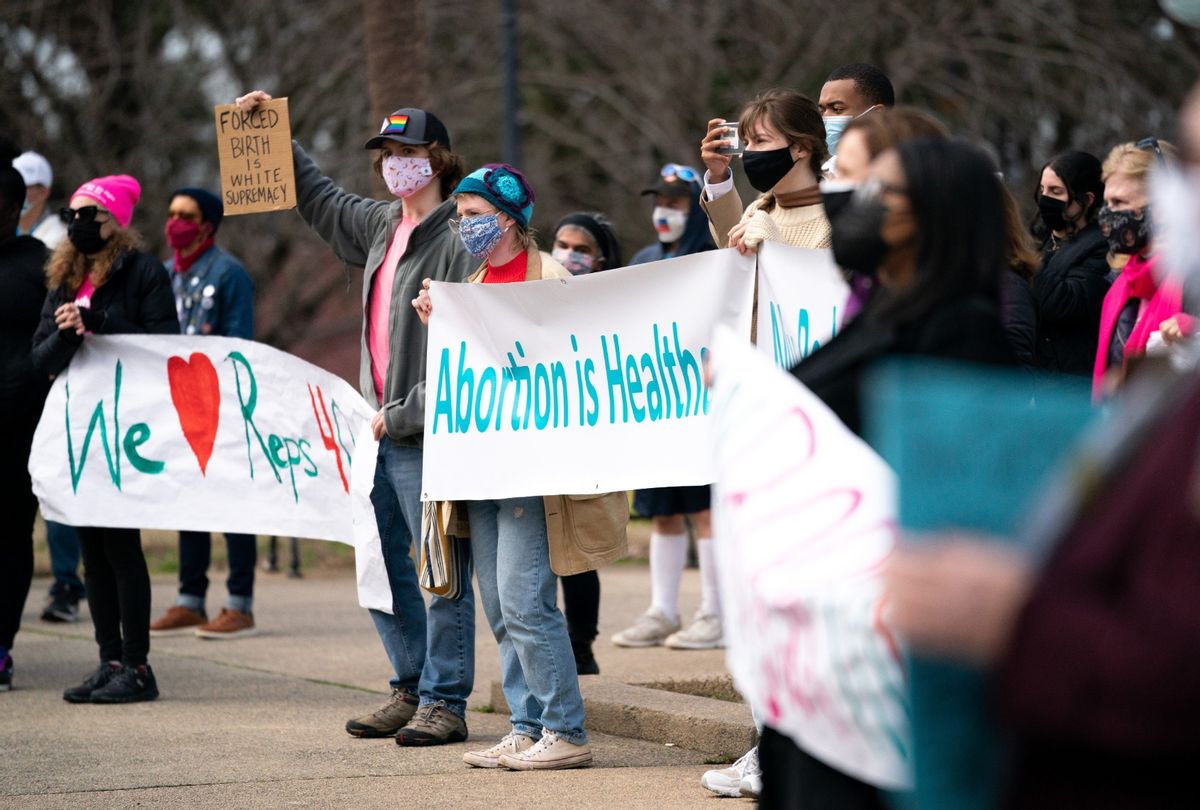Republican lawmakers in the South Carolina state legislature have introduced a bill that would equate an abortion of a fetus or an embryo to the murder of a living, already-born person, allowing the state, if passed into law, to convict and possibly execute a person if they obtain abortion services.
House Bill 3549 would amend a proposed bill, entitled the South Carolina Prenatal Equal Protection Act of 2023, to define fetuses and embryos at any stage of development after conception as legal persons. Any instance of an abortion would be considered an assault and/or homicide under the bill's provisions.
As such, the bill would subject people convicted of having an abortion to the same penalties of an assault or murder under state law — which includes the death penalty, if sought by state prosecutors in such instances.
It's unclear as of right now how likely the bill is to pass. However, it is presently being co-sponsored by several members of the Republican caucus — 19 members of the state House of Representatives in total (equal to more than 15 percent of the total number in that chamber and more than 21 percent of the total House Republican membership).
Critics of the bill say that its language can potentially punish pregnant people for more than just abortion — any person who has a miscarriage, for example, could be found liable for murder under its provisions too.
"You can be charged with murder…. The end of the pregnancy establishes a crime," said Vicki Ringer, director of public affairs at Planned Parenthood South Atlantic South Carolina, in a series of tweets explaining the bill's provisions. "You have to prove innocence."
Abortion is currently legal in South Carolina due to a state Supreme Court ruling earlier this year that found its statutes regulating abortion access, passed in the wake of the federal Supreme Court upending abortion rights protections last summer, to be in violation of the state constitution. Republicans, upset with that ruling, have pushed the Prenatal Equal Protection Act as a means to reinstate a six-week ban on abortion.
One amendment to the bill would allow abortions to occur if a person's life were at risk due to a pregnancy. However, the language of the bill makes it so that delays for that type of care will likely come about, at a time when a person, in many cases, needs abortion services in a fast and timely fashion. A person, under the provisions of the amendment, would have to seek out "all reasonable alternatives" first before being legally able to terminate their fatal pregnancy, placing the onus on them and their doctors to first prove, beyond a reasonable doubt, that such services were necessary.



Shares